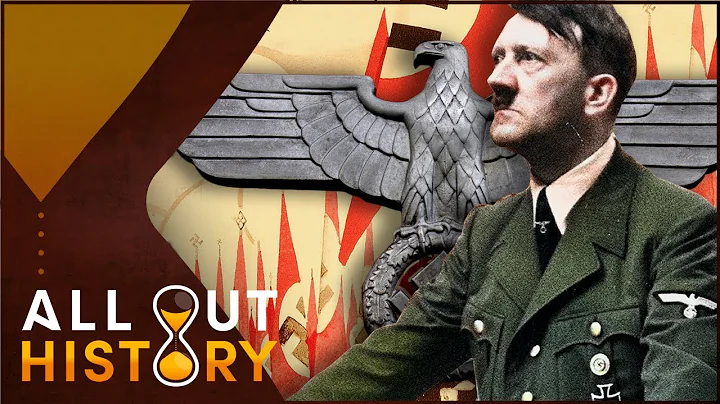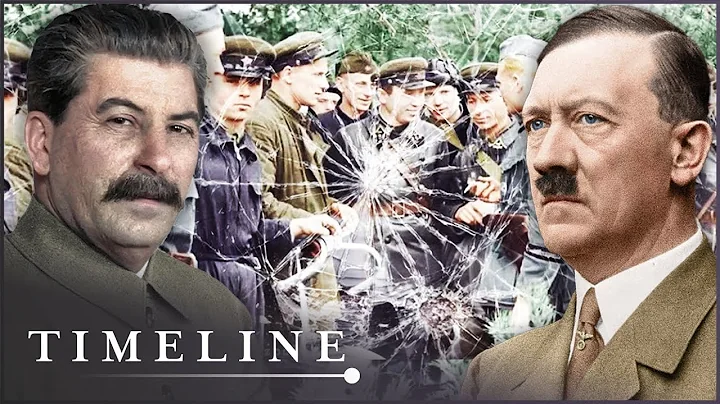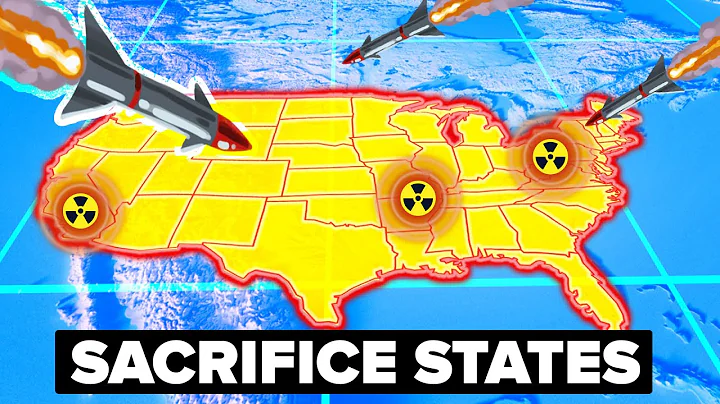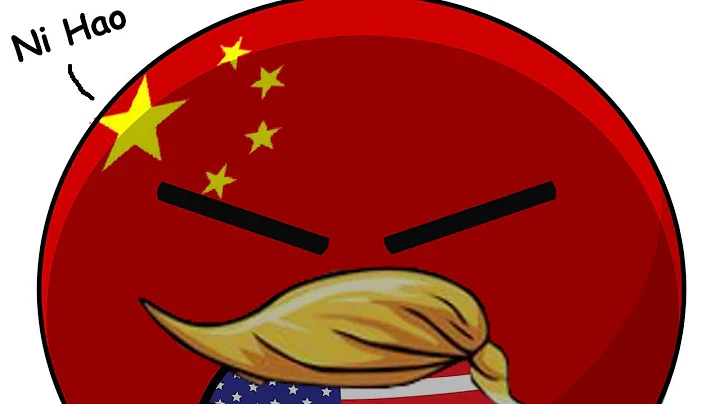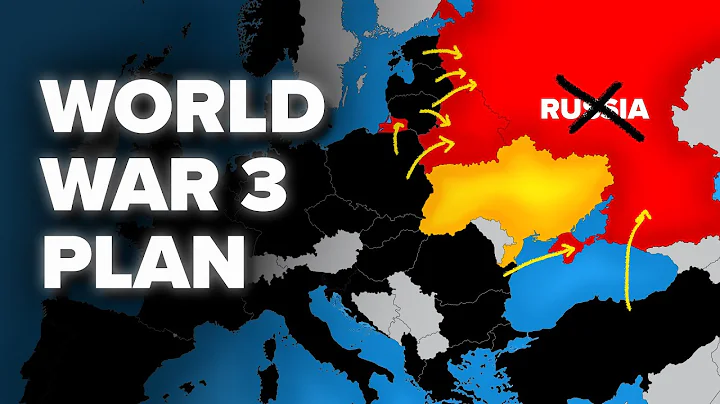I don’t understand why they can criticize me for being “ungrateful” without any objection. They only saw the US dollars in their eyes, but forgot the “Chinese Exclusion Act”; they forgot the corpses of “Chinese laborers” buried under the railroad ties; Forgot the "Sino-US Friendship and Trade Regulations"; forgot the "Korean War"; forgot the Batumi Agreement; forgot the plane crash in the South China Sea; forgot the bombed Chinese Embassy in Yugoslavia.
Out of curiosity, I took a look at the other opinions of the two netizens who sent me private messages, and I suddenly realized that this was the case. Are the following private messages sent to me by these two netizens:


One of the first netizens has an interesting point of view. He suggested that China and the United States co-produce " Changjin Lake ". To be honest, there are so many flaws that I don’t even know where to start. Let me ask a question first. What if the US is not satisfied with the history restored by China? What should we do if China is not satisfied with the battle scenes restored by the US?

The second netizen was even more powerful. This was the first time I saw an ordinary netizen complaining about " poisonous textbook ". In the past, they were all professors and experts from a certain university who came out to clean up the floor. As expected, they have been around for a long time. So it’s not difficult for me to understand why he resents Russia.



Forget it, no matter what your point of view is, that is your freedom, just be happy. I will elaborate on my point of view further below.
One, the United States of America 's saucy operation after the September 18th Incident.
1, "The best solution is not who will mediate, but direct negotiations between China and Japan."
After the September 18th Incident broke out, Chiang Kai-shek 's first thought was not to resist, but to seek foreign mediation. He immediately thought of his American "father" and asked the United States to invoke the Non-War Pact and take the lead in resisting Japanese aggression. Here are a few words about the "Pact Non-War". This is a treaty signed by 15 countries including the United States, Britain and France in 1928 to stop war. It is also called the "General Treaty on the Abolition of War as a National Policy Tool". Or the Paris Pact. But unfortunately, the United States rejected China's request. The then Secretary of State Stimson said: "The best solution is not who will mediate, but direct negotiations between China and Japan."
2, "There is no objection to Japan achieving its goals in Northeast China." "
On October 8, Japan bombed Jinzhou and threatened to launch military operations again. But this bombing was just a test. Faced with this temptation, the restless Secretary of State Stimson spoke again: "As long as China agrees, the United States does not object to Japan achieving its goals in Northeast China, but it cannot obtain this result by occupying force." The result. It's just that the Japanese are more confident.
3, "No recognition, no sanctions"
Faced with Japan's increasing pressure, Jinzhou is in danger.Seeing that the situation was not good, Stimson quickly suggested sanctions against Japan to the then President Hoover . Hoover's answer was: "Neither our obligations to China nor our own interests and dignity require us to Fight for these issues." Seeing that there was no hope, Stimson issued another statement in an attempt to find a fig leaf for himself. This is the famous "non-recognition doctrine."
two, tung oil loan.
1938, the second year of the all-out war of resistance. The Nationalist Government made a request for assistance from the United States, but it was initially rejected by the U.S. government on the grounds that "government loans must be approved by Congress." Afterwards, the situation of the Anti-Japanese War became increasingly severe, and China and the United States reached a "tung oil loan". To put it simply, the loan is secured by tung oil, a war preparation material exported from China. At that time, the price of tung oil imported into the United States was approximately US$280 per barrel, and the "tung oil loan" used 220,000 barrels of tung oil as collateral to borrow US$25 million. Half of the tung oil was used to repay the loan. The profits of are staggering.
Comparison of death pensions between China and the United States during World War II .
After American soldiers during World War II were killed in action, the military would directly provide a death pension of US$100,000. In addition to the insurance purchased for the soldiers when they enlisted, an ordinary soldier could receive approximately US$400,000. This does not include the equipment to equip a soldier and various supplies, such as compressed biscuits, chocolate, cigarettes, coffee, etc., everything is available. This is during World War II, and the war is still going on. Can you believe it?
As for China, take the National Government as an example. For example, for a second lieutenant, the official standard for death in action is a one-time pension of , , 3,400 yuan, and an annuity of 120 yuan. Moreover, due to the war and all kinds of corruption, even such a pension system was not implemented by the National Government.
From the above comparison, we can see that the Americans only need to pay a very small price to enable China to hold back a large number of Japanese troops. As for the Chongqing National Government, it can also enhance its anti-war strength through US aid. Although most of this assistance fell into the hands of the four major families.
In summary, I still stick to my previous point of view. The US aid during World War II was a transaction, and there is no need to overestimate it.
